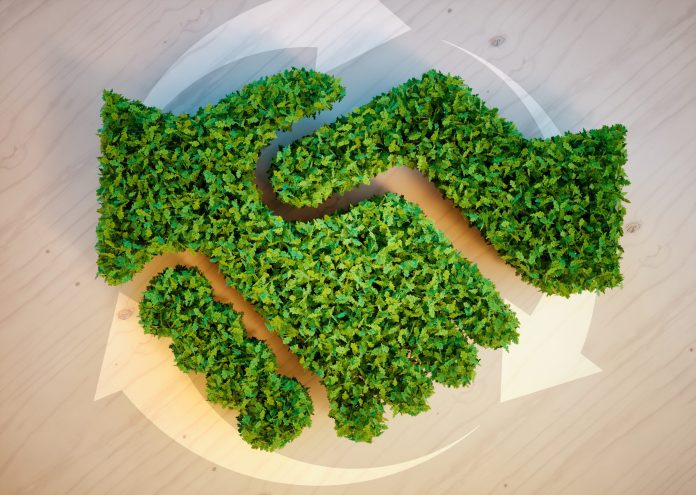Australians are already paying more for meat, bread, dairy and fruit because climate change is disrupting food supply chains, a new report has found.
Farmers for Climate Action, a movement of 7000 farmers and agricultural leaders, has today released ‘Fork in the Road: The impacts of climate change on our food supply,’ by Stephen Bartos. Mr Bartos is an internationally recognised expert who authored a report for the Federal Government in 2012 examining resilience in the Australian food supply chain.
Farmers for Climate Action CEO Fiona Davis says: “The report shows climate change is already disrupting every part of the food supply chain, from extreme heat and lack of water on farms to food packing facilities, transport links and the cost of farmers accessing insurance, finance and fertiliser.
“As Australia heats further, these impacts will grow and consumers will pay more for food. More lost food, less grass for farmers’ livestock to eat, less water and less days to transport livestock – which cannot be transported in extreme heat – mean consumers pay more for food.
“It also means we’re increasing the risk of food shortages in Australia. Getting produce off farm and into supermarkets, and ultimately Aussie homes becomes difficult or impossible to deliver when multiple events coincide. We saw this earlier this year in northern and central Australia early this year when record floods cut off roads and rail links during the COVID pandemic.
“Right now, our thoughts are with people impacted by the Queensland and northern New South Wales floods as they grapple with the flood response, while also trying to secure essential food supplies.
“We need to act quickly to make our supply chains more robust, but ultimately to address the key driver of these difficulties, we need deep emissions cuts this decade to protect our farmers and our food supply chain.”
Mr Bartos says: “Australians take it for granted that food will always be available. Climate change disrupts this. It creates and amplifies risks all the way through the supply chain, from farm to warehouse to supermarket shelves.
“Some farmers have already had to sell and shift to areas with more reliable rainfall which raises the issue of stranded assets, as packing houses and processors set up in specific regions where specific produce is currently grown such as dairy processing factories.”




